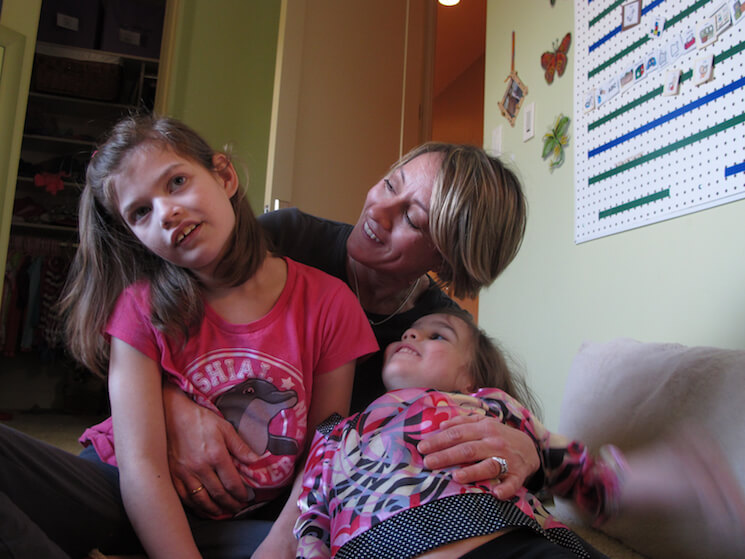Investing in early childhood education is good for children and good for the economy

Over this past holiday weekend, Ross Douthat used his New York Times column to express frustration that hoping for a “substantive debate about domestic policy” in this presidential election year is “delusional.” He imagines a scene from a future debate between the two presumed contestants, former Secretary of State Hillary Clinton and businessman Donald Trump, in which at one point in the fantasy dialogue the two tangle over the benefits of early childhood education. Douthat even added several hyperlinks in the imagined Trump tirade—links that alas fall short on revealing where the evidence actually stands today.
It is now well-accepted among economists that pre-school matters, especially for low-income and disadvantaged children. Even former Chairman of the Federal Reserve Ben Bernanke and the U.S. Chamber of Commerce agree that this evidence is quite conclusive. A joint report by Chamber and the Institute for a Competitive Workforce stated that investment in early childhood education could benefit the business community as a “smart investment with positive returns, but [also] is the right thing to do.”
There is consensus because of the findings of a number of studies based on randomized control trials that follow children from pre-school through adulthood. Researchers have found that children who participate in these programs do better in school, are more likely to attend and graduate college, and are less likely to smoke, use drugs, be on welfare, or become teenage mothers. One major case in point is the Carolina Abecedarian Study, an experiment begun in 1972 that assigned 112 “at-risk” children six-to-12 weeks of age to enter pre-school or a control group when they reached age three and then followed the children to age 21. Researchers found that children in the program group had higher IQ and test scores and were more likely to attend a four-year college than control group children. In another study, the Milwaukee Project, researchers assigned six-month-old children and their mothers to either an educational program, or a control group. Investigators found that at grade eight children in the program had higher IQs than those assigned to the control group.
Much of this research on early interventions focuses specifically on low-income, minority, or “high-risk” children, but research that includes children up and down the income ladder also finds persistence of skills learned early in life. In Project STAR, an experiment implemented across 79 schools in Tennessee from 1985 to 1989, 11,571 students and their teachers were randomly assigned to classrooms of differing sizes within their schools from kindergarten to third grade, and followed through age 27. Based on analysis of this experiment, Stanford University economist Raj Chetty and his co-authors find that kindergarten test scores are highly correlated with outcomes at age 27, such as college attendance, home ownership, and retirement savings. Like in the Perry Preschool/High Scope study, in Project STAR, researchers found that while the cognitive effects on test scores fade as a child ages, the non-cognitive effects did not.
Of course, not every study found such results, In the 1960s, the Early Training Project assigned African American, low-income children, ages four and five, to two separate groups. One group consisted of weekly meetings and pre-school program, while the control group did not. Researchers found that the children in the experimental groups outperformed children in the control group on various cognitive assessment tests administered during the intervention, yet these differences faded in later follow-ups three years after the intervention ended.
Overall, though, the evidence points to the conclusion that investing in early childhood is important for future outcomes both for the children themselves and our economy more generally. If columnists provide hyperlinks to real-life academic studies to buttress fantasy debates between the two presidential candidates, they should at least point to the best studies available. In this case, the preponderance of evidence shows that early childhood education works for the children, their families, and the broader U.S. economy.

